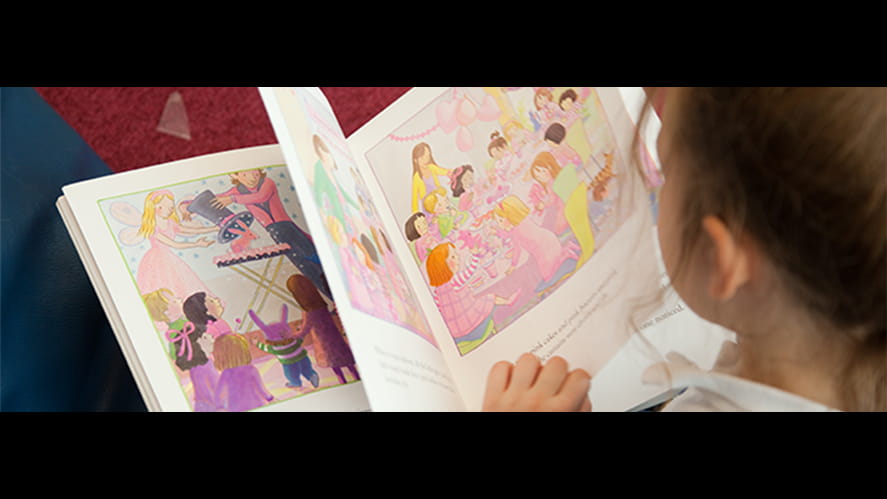We use cookies to improve your online experiences. To learn more and choose your cookies options, please refer to our cookie policy.

Reading has proven to have many cognitive benefits—not only for children, but also for adults. Increased concentration, mental stimulation, vocabulary expansion, memory improvement and the building of knowledge are just some of the benefits of reading. Below are the top five tips for parents to help with reading at home.
Encouraging your child to read everything they come across will stimulate their curiosity for the world around them. For example, when children start to read newspapers, magazines or even store names, they will begin to make connections between words and their understanding of the world.
Making reading fun will help your child practice spelling and leave them feeling more engaged. Spelling games also help to reinforce familiar spelling patterns. Hundreds of spelling games can be found online, but some of the classics include Hangman, Text Twist and Word Search.
Children respond to positive reinforcement. If your child appears intimidated by reading longer books or words, encourage them to take it one step at a time. Instead of reading an entire chapter of a long book, perhaps you can challenge them to reading just one page or one paragraph of a book. If your child has problems reading a new word, you may want to help them sound out each syllable and explain the meaning of a word.
Set time aside so that your child can curl up on a couch to read. Spending quality time next to them reading and letting them know that they can ask questions also reinforces a positive association with reading. By creating an environment which makes reading enjoyable and relaxing, your child is more likely to read without seeing it as homework or a chore. Books do not always have to challenge a child. Encourage them to just read and explore the story and ask them what they think about the book.
Parents can be the best promoter for reading. When children see their parent’s enthusiasm for a book, story in the newspaper or magazine, they are more inclined to be interested in reading the same story. If you happen to read something interesting on the internet, or in a book, share with your child why you found it interesting and instigate a discussion around the topic. You can also ask your child to help you choose a book that they are excited to read.